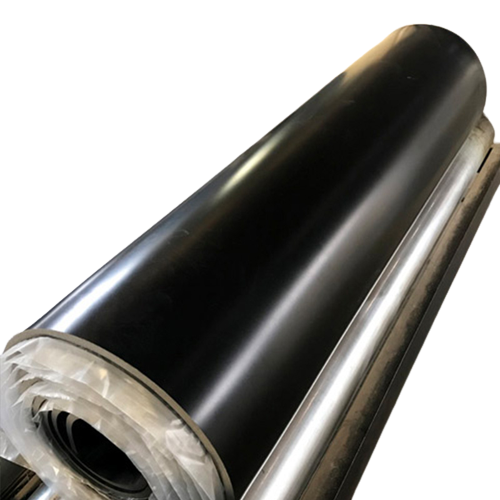Nov . 14, 2024 12:47 Back to list
ship rubber fender
Understanding Ship Rubber Fenders An Essential Maritime Equipment
In the maritime industry, ensuring the safety of both vessels and docking infrastructures is paramount. One critical component that plays a vital role in this regard is the ship rubber fender. As a protective accessory, rubber fenders are designed to absorb the energy generated during the berthing and mooring of ships, minimizing damage to both the vessel and the docking facilities. This article delves into the types, functions, benefits, and considerations of ship rubber fenders.
Types of Ship Rubber Fenders
Ship rubber fenders come in various shapes and sizes, specifically engineered to accommodate the diverse needs of different vessels and docking environments. The most common types include
1. Inflatable Rubber Fenders These offer the advantage of being lightweight and easy to handle. Their air-filled structure provides excellent energy absorption and can be adjusted in pressure to suit specific applications.
2. D-Shape Fenders One of the most widely used types, D-shape fenders provide effective cushioning due to their contoured designs. They can be easily installed along the edges of docks or on ships.
3. Arch Fenders Known for their versatility, arch fenders are designed to accommodate various angles of impact, making them suitable for multi-directional berthing environments.
4. Square Fenders These offer a flat surface, enabling high energy absorption and efficient load distribution. They are often used in heavy-duty applications.
5. Cone Fenders With a conical shape that dissipates energy more effectively, these fenders are ideal for scenarios where vessels have high freeboard angles or when berthing against structures with varying heights.
Functions and Benefits
The primary function of rubber fenders is to protect the ship and the dock from impacts during docking operations. When a vessel approaches its berth, the energy generated from the collision can be substantial. Rubber fenders act as a shock absorber, reducing the impact force and protecting both the vessel's hull and the dock's structure.
Here are some key benefits of using ship rubber fenders
- Energy Absorption Designed to efficiently dissipate kinetic energy, rubber fenders minimize the risk of damage during mooring.
ship rubber fender

- Durability Constructed from high-quality rubber materials, these fenders are resistant to wear and tear, weathering, and UV radiation, ensuring long-term performance.
- Cost-effective By reducing the risk of damages, ship rubber fenders ultimately save costs related to repairs and replacements for both vessels and dock facilities
.- Versatile Installation Rubber fenders can be easily adapted to different marine environments, making them suitable for ports, harbors, and offshore facilities.
- Safety By preventing damage to ships and docks, rubber fenders contribute to overall safety in maritime operations, reducing the potential for accidents and enhancing operational efficiency.
Considerations for Selection
When selecting the appropriate rubber fender for a specific application, several factors should be considered
- Type of Vessel The size, weight, and type of vessels using the dock can determine the required specifications for the fenders.
- Berthing Conditions The frequency and angle of berthing impacts the choice of fender type. Influencing factors may include tidal conditions, currents, and local maritime practices.
- Environmental Conditions Exposure to extreme weather, water salinity, and temperature fluctuations can affect the performance and longevity of rubber fenders.
- Installation Space The available installation space will significantly affect the choice of fender size and design.
Conclusion
In conclusion, ship rubber fenders are indispensable assets in the maritime industry, providing vital protection to vessels and docking facilities. Their diverse types, coupled with their ability to absorb impact energy effectively, underscore their importance in ensuring the safety and efficiency of maritime operations. By carefully considering the operational needs and environmental conditions, shipowners and port authorities can select the most appropriate fender systems to enhance their marine infrastructure's durability and operational reliability. As the maritime industry continues to evolve, so too will the innovations in fender designs, ensuring safety remains a top priority at sea.




